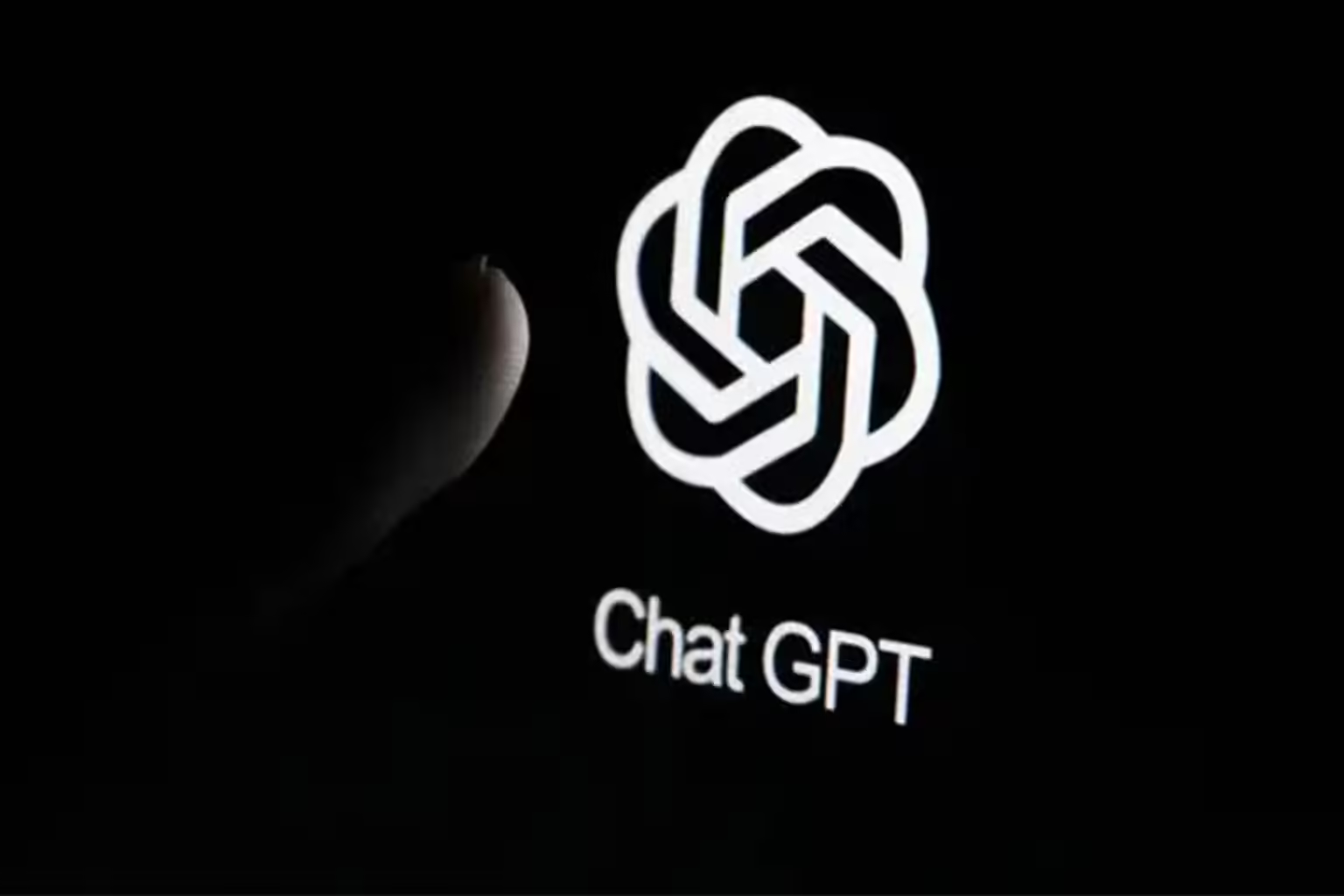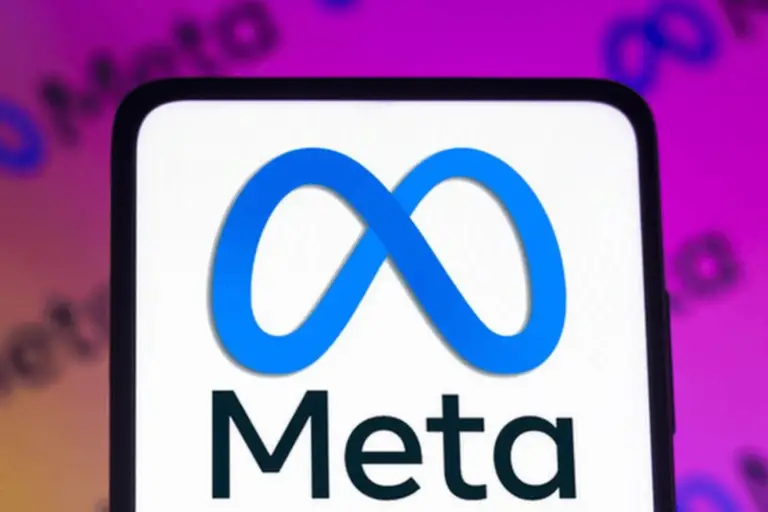
OpenAI Launches CriticGPT New AI Tool to Help Coders Find Bugs and Improve Code Quality
CriticGPT from OpenAI is a new AI model built on GPT-4 that makes code review 60% better. This helps trainers find more mistakes and makes the Reinforcement Learning from Human Feedback (RLHF) pipeline better.
CriticGPT is a new AI model from OpenAI that is based on GPT-4 and is meant to find mistakes in code made by ChatGPT. In tests, CriticGPT made code review results 60% better for people who used it compared to people who didn’t.
OpenAI plans to add CriticGPT to its Reinforcement Learning from Human Feedback (RLHF) labelling pipeline. This will give AI teachers better tools for judging complex AI outputs.
The GPT-4 versions that run ChatGPT are made to be useful and easy to use with RLHF. In this step, AI trainers look at the different answers and rate how good they are.
As ChatGPT gets smarter, its mistakes get less obvious, making it harder for teachers to spot them. This shows a major problem with RLHF: advanced models can learn so much that it’s hard for human trainers to give useful input.
CriticGPT was taught to write reviews that point out mistakes in ChatGPT’s comments. Its ideas aren’t always right, but they help trainers find a lot more problems than when they were working alone.
Teams using CriticGPT gave more thorough reviews and found fewer false positives than individuals working alone. Twenty-six percent of the time, a second teacher liked the feedback from the Human+CriticGPT team better than feedback from a reviewer who wasn’t helped.
A method similar to ChatGPT was used to train CriticGPT, but the focus was on finding mistakes. AI teachers put mistakes in ChatGPT’s code and gave examples of what to do. The trainers then compared different criticisms of the changed code to see how well CriticGPT worked.
Effectiveness in Identifying Bugs
In 63% of cases involving naturally occurring bugs, CriticGPT’s critiques were chosen. This was partly because they led to fewer useless complaints and fewer problems that were just hallucinations.
Even though CriticGPT works well, it has some problems. It learned to do short ChatGPT answers and needs more work to be able to do longer, more complicated jobs.
The focus on single-point errors needs to be expanded to include errors that happen in more than one part of an answer. This is because models still hallucinate and trainers sometimes make labelling mistakes.


